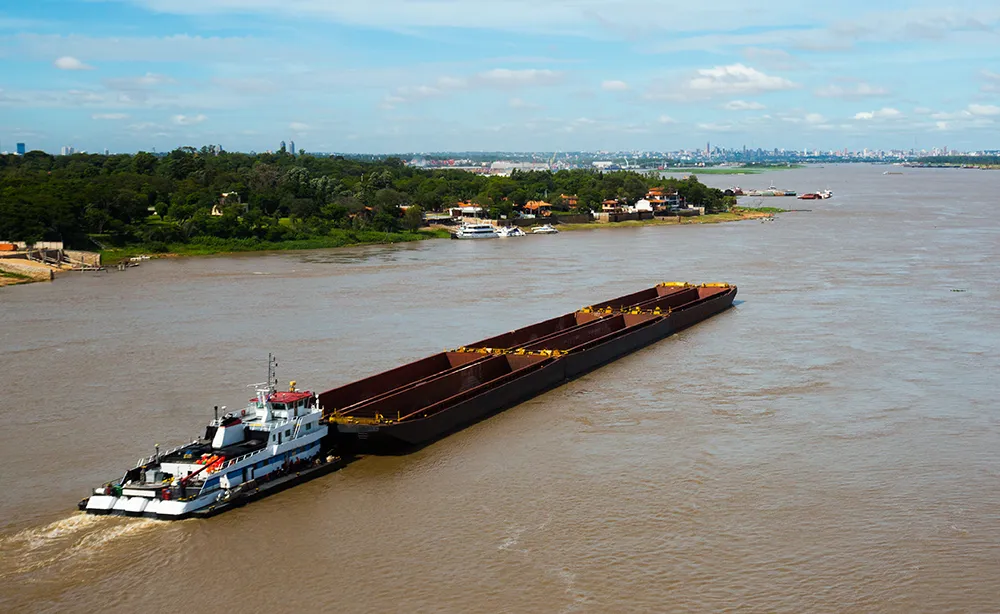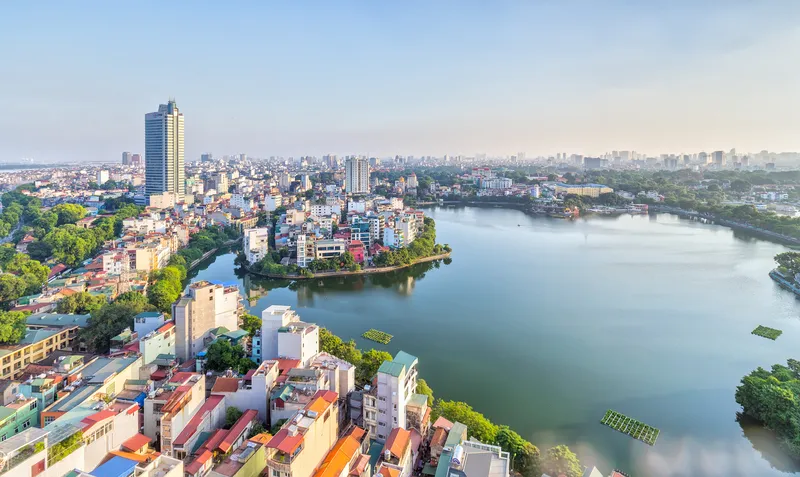Construction work is now underway on the interchange for the second highway connecting to China’s Guangzhou Baiyun International Airport. The new highway is around 21.4km long and connects Huadu district with Tianhe district. The route features 15 bridges and has a design speed of 100km/h. The new link will improve connections between the airport and Guangzhou City and the work is costing US$1.32 billion. Located in South China, Guangzhou City lies comparatively close geographically to Hong Kong and develop
January 5, 2016
Read time: 1 min
Construction work is now underway on the interchange for the second highway connecting to China’s Guangzhou Baiyun International Airport. The new highway is around 21.4km long and connects Huadu district with Tianhe district. The route features 15 bridges and has a design speed of 100km/h. The new link will improve connections between the airport and Guangzhou City and the work is costing US$1.32 billion. Located in South China, Guangzhou City lies comparatively close geographically to Hong Kong and developing the links to the airport will be of key benefit to the region.








